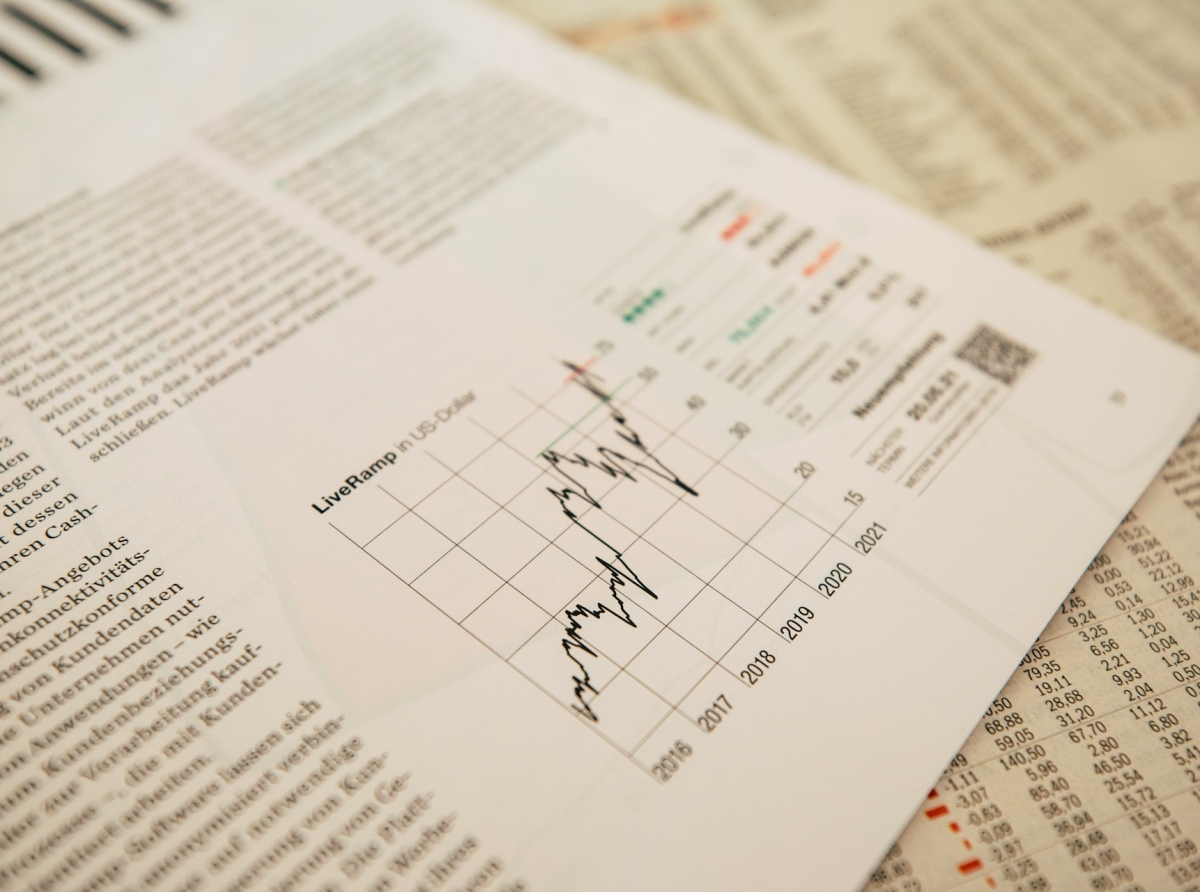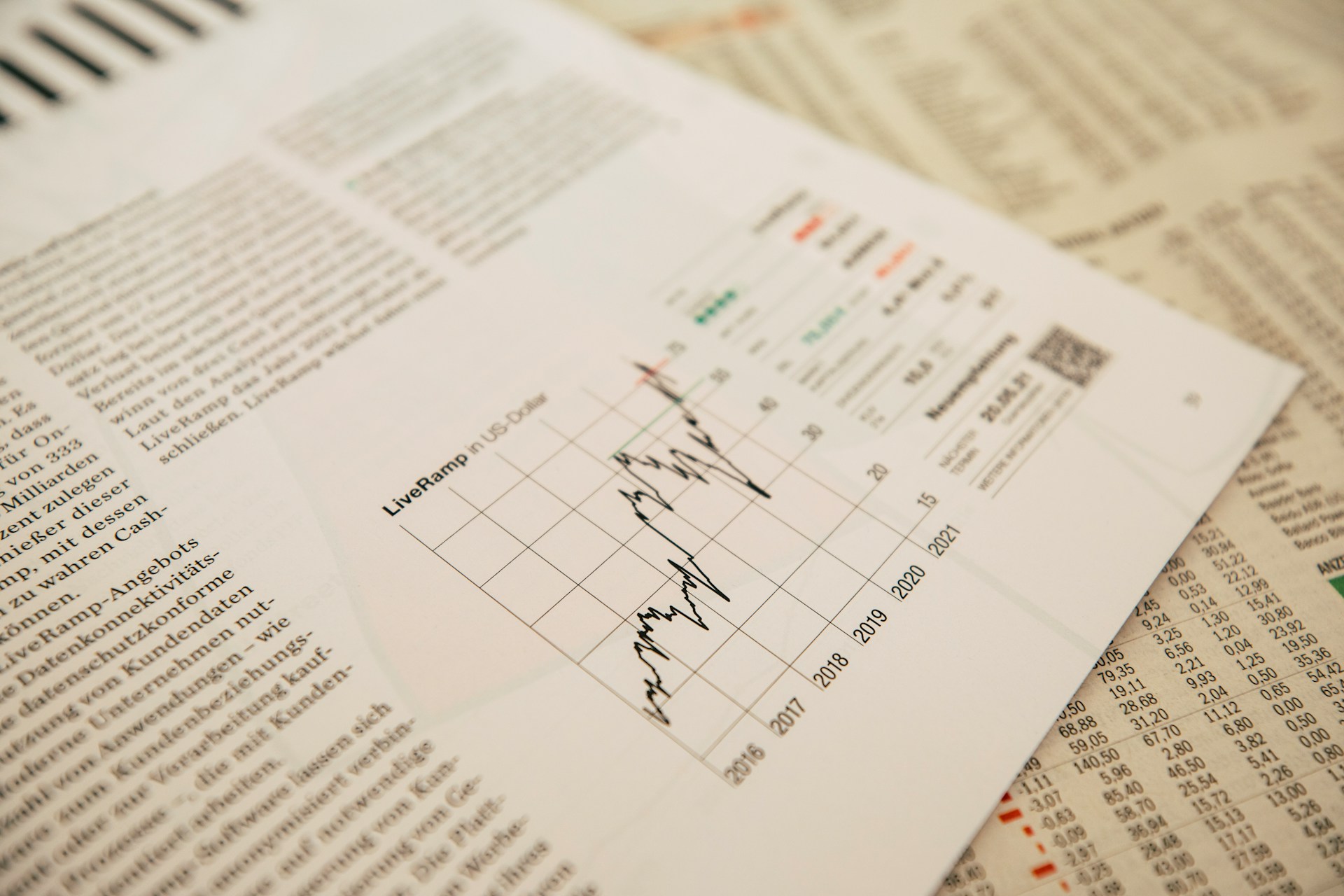The Dangers of Price Slippage: What You Need to Know

The Dangers of Price Slippage: What You Need to Know
In the world of trading, whether it’s stocks, commodities, or cryptocurrencies, price slippage is an unavoidable phenomenon that can significantly impact a trader’s portfolio. Price slippage occurs when there is a difference between the expected price of a trade and the price at which the trade is actually executed. This discrepancy arises due to the time lag between the initiation of a trade order and its execution in an ever-dynamic market.
At its core, price slippage is a reflection of market liquidity and volatility. In highly liquid markets, where buy and sell orders can be matched almost instantly, slippage tends to be minimal. However, in markets with lower liquidity or during periods of high volatility—perhaps triggered by economic reports or global events—the gap between expected and executed prices can widen.
At its core, price slippage is a reflection of market liquidity and volatility. In highly liquid markets, where buy and sell orders can be matched almost instantly, slippage tends to be minimal. However, in markets with lower liquidity or during periods of high volatility—perhaps triggered by economic reports or global events—the gap between expected and executed prices can widen.

The Dangers of Price Slippage: What You Need to Know
Causes of Price Slippage in Various Markets
Several factors contribute to price slippage across different markets:
Market Liquidity: In thinly traded markets, or for assets with low trading volumes, there are fewer participants to take the opposite side of a trade immediately.Volatility: High volatility can cause rapid price movements within the gap of order placement and execution.
Market Orders: Using market orders (which execute at the next available price) rather than limit orders (which set a specific entry or exit point) increases susceptibility to slippage.
Size of Orders: Large orders may not be filled at one consistent price due to insufficient volume at the desired price level.
Time Delays: Technological limitations or network latency can delay order execution, contributing to potential slippage.
The Impact of Price Slippage on Traders’ Performance and Market Stability
Price slippage can have a profound effect on trading outcomes:Traders’ Performance: For individual traders, particularly those using leverage or executing large trades, even small amounts of slippage can substantially affect profit margins.
Market Orders: Trading strategies that rely on precise entry points may fail if orders are executed at suboptimal prices.
Market Stability: Significant slippage, especially in less liquid markets, could lead to increased spreads—the difference between bid and ask prices—thereby reducing overall market efficiency.
Strategies to Minimize the Risk and Effects of Price Slippage
While it’s impossible to eliminate slippage entirely, traders can mitigate its impact through several tactics:Limit Orders: Placing limit orders ensures that trades are executed at predetermined prices or better.
Trade Timing: Executing trades during peak market hours improves liquidity and potentially reduces slippage.
Breaking Up Large Orders: Using algorithmic tools that slice large orders into smaller ones helps avoid significant price disruptions.
Slippage Control Tools: Some platforms offer features that allow traders to set maximum acceptable levels of slippage for their trades.
The Importance of Understanding and Anticipating Price Slippage in Trading
Effective trading hinges on understanding all variables that affect transactions—price slippage is among the most critical yet often overlooked elements. By recognizing what causes it, understanding how it impacts their trades, and implementing strategies to manage it effectively, traders can maintain control over their investments despite the inherent uncertainties present in financial markets. Ultimately, successful navigation through the waves of price fluctuations requires foresight into possible pitfalls like slippage—an essential skill for any savvy trader.Price Slippage, Trading Risks, Market Instability, Risk Management, Financial Markets









Report
My comments